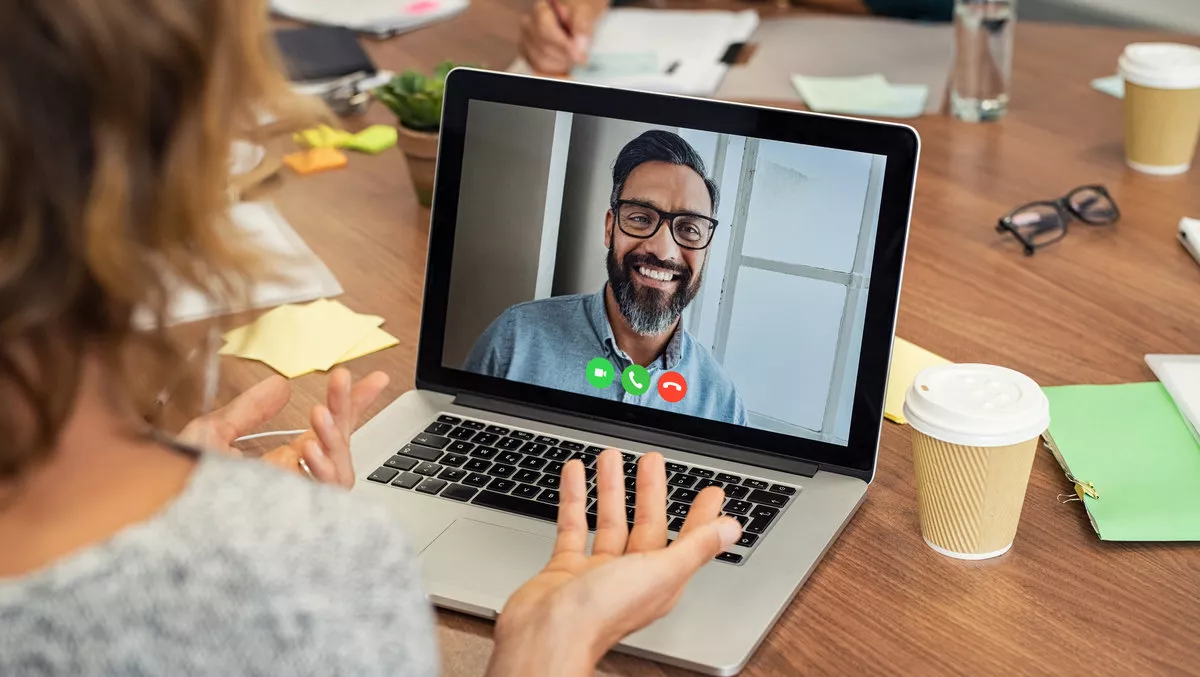
Video conferencing: How to make interviewing less awkward
Despite a greater uptake of interviews via video conferencing tools, candidates still prefer face-to-face interviews.
That's the world according to a new report from the BBC, which claims interviewees find in-person meetings far less awkward than those done via various video platforms.
William MacDonald, chief technology officer at UK-based StarLeaf, says there are many ways employers can create a less-awkward video interview for potential employees, using the right kind of video conferencing equipment and creating a natural, flowing conversation.
"It is no surprise employers are increasingly turning to video services to carry out interviews with prospective candidates," MacDonald says.
"The process is much easier than asking candidates to travel long distances for an interview and enables hiring managers, based in different locations, to interview candidates together." he says.
MacDonald says in today's modern world of work, the telephone is no longer a satisfactory means of interviewing prospective employees.
"Not only is it expensive but it's also challenging to get a real sense of a person, and gauging reactions to questions without seeing their face," he says.
"As a result, companies are increasingly asking applicants to record answers on video to questions and then upload those responses, but without the live interaction with the candidate, it is not a particularly positive experience."
MacDonald explains, "The best interviews, where those hiring find out most about their candidates, are natural, free-flowing conversations that open-up beyond the usual interview questions of "what are your main strengths" and "what appeals to you about working here?" creating a more human experience.
"When a candidate records answers to questions they have been sent in advance, they lose the natural engagement of a traditional interview between candidate and employer; it is a remote experience and the applicant may not get any sense of whether the company is a good cultural fit for them," he continues.
"Of course, an interview is the opportunity for a candidate to sell themselves and demonstrate to an organisation why they should be hired, but equally a company needs to position itself as an engaging and supportive place to work," says MacDonald.
Macdonald says this can be tough to do if a candidate's first interaction with the company doesn't involve any of the people that work there.
"If businesses are going to use video-based interviews in their hiring process, they need to make the experience engaging, flowing and remove the awkwardness," he says.
"Video conferencing solutions can enable organisations to speak to candidates with greater flexibility, without forcing applicants to travel long distances, while still bringing the human element to the experience.


